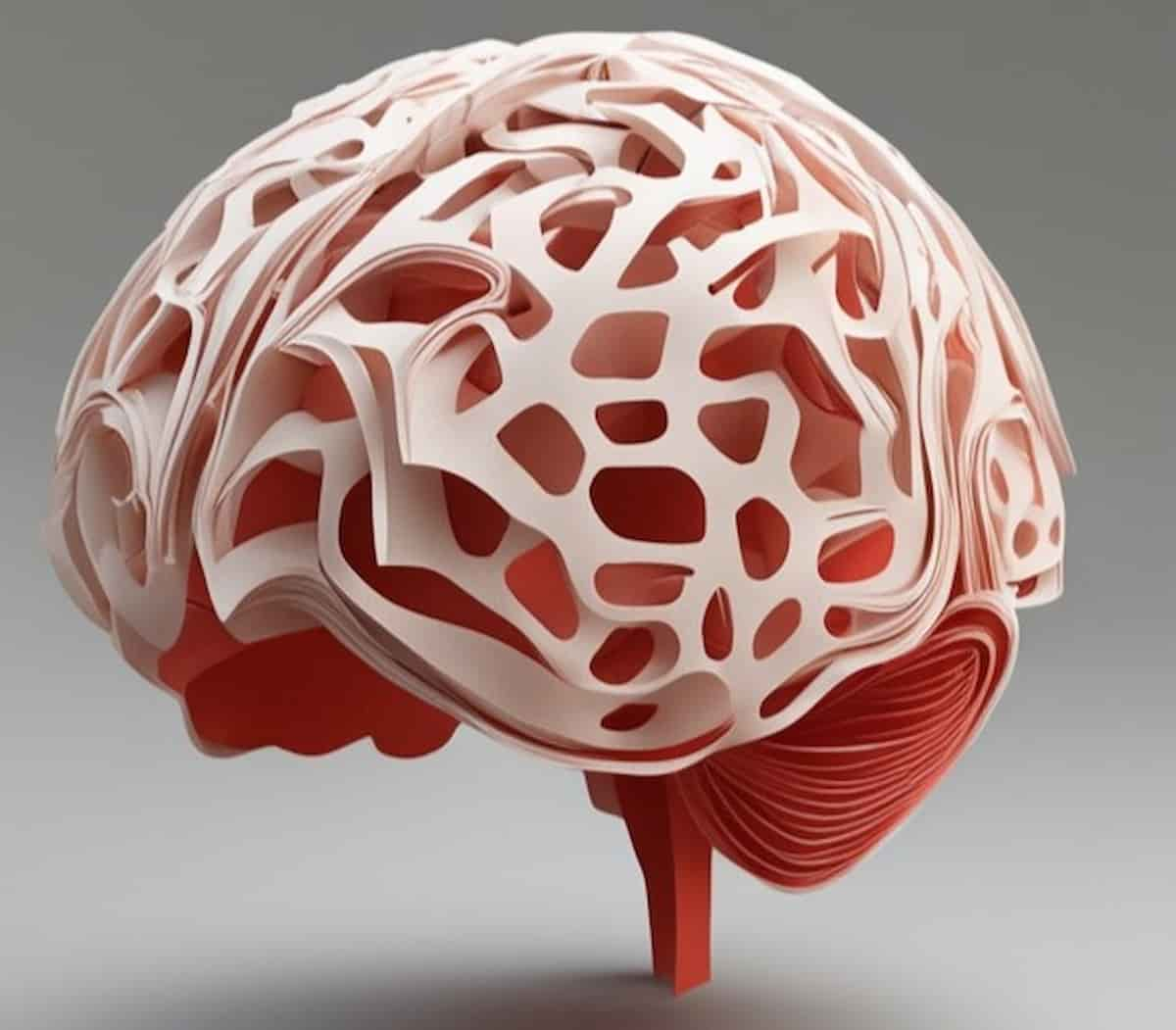‘Immense’ boost to memory and thinking skills by investing just one hour a week.
Aerobic workouts can remove five years of brain aging, research finds.
Short workouts done three times a week are enough to roll back the clock on memory and thinking skills, the study demonstrated.
Exercise helps pump more blood to the parts of the brain vital to these functions.
Dr Marc J. Poulin, the study’s first author, said:
“As we all find out eventually, we lose a bit mentally and physically as we age.
But even if you start an exercise program later in life, the benefit to your brain may be immense.
Sure, aerobic exercise gets blood moving through your body.
As our study found, it may also get blood moving to your brain, particularly in areas responsible for verbal fluency and executive functions.
Our finding may be important, especially for older adults at risk for Alzheimer’s and other dementias and brain disease.”
The study included 206 adults with an average of age of 66 who did little exercise.
They started doing aerobic workouts of between between 20 and 40 minutes per day, three times a week.
After six months they performed 6 percent better on thinking skills and improved their verbal fluency by 2.4 percent.
Dr Poulin said:
“This change in verbal fluency is what you’d expect to see in someone five years younger.”
Blood flow also increased to the brain by 2.8 percent.
Dr Poulin said:
“Our study showed that six months’ worth of vigorous exercise may pump blood to regions of the brain that specifically improve your verbal skills as well as memory and mental sharpness.
At a time when these results would be expected to be decreasing due to normal aging, to have these types of increases is exciting.”
The study was published in the journal Neurology (Guadagniet al., 2020).

